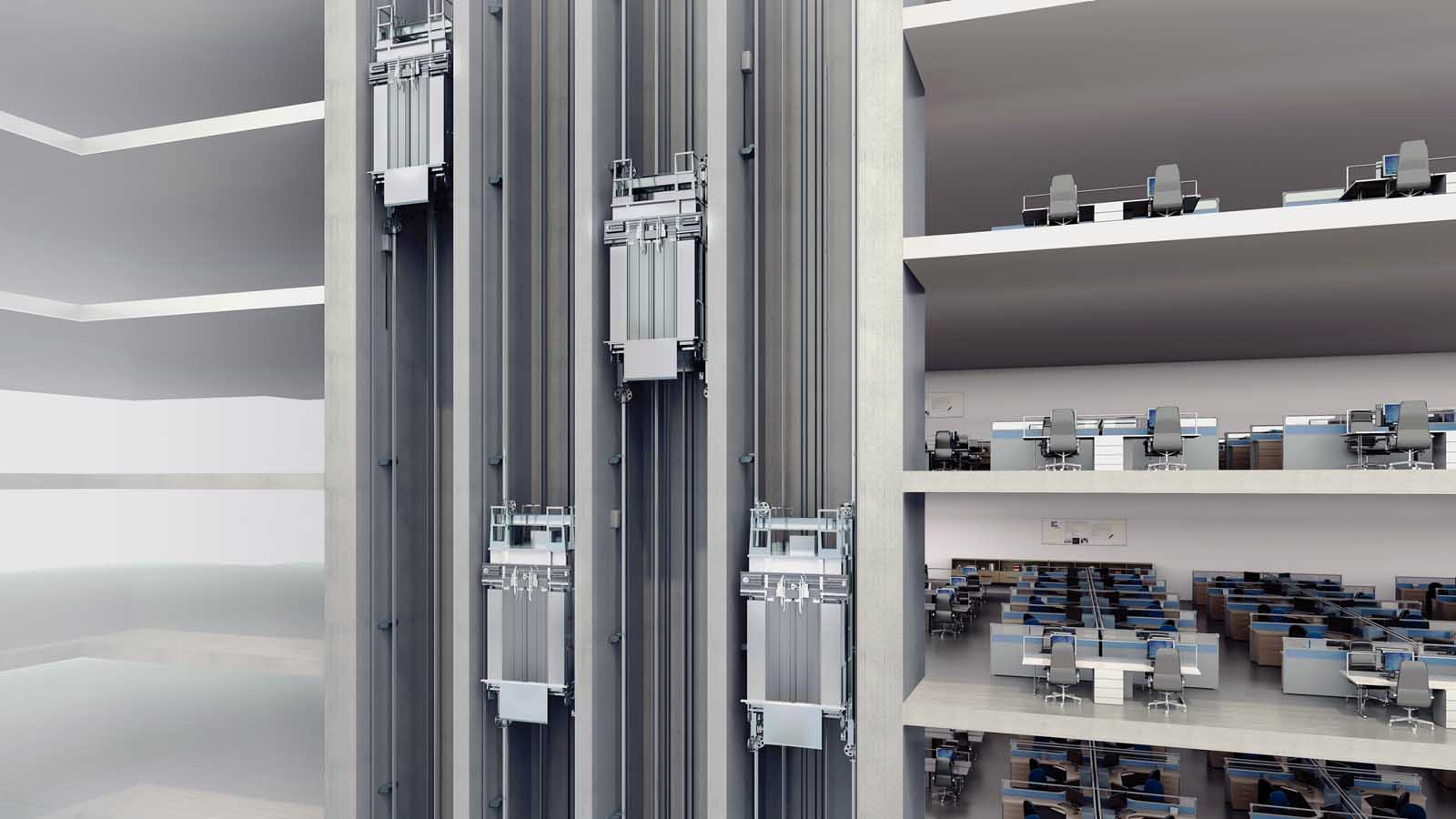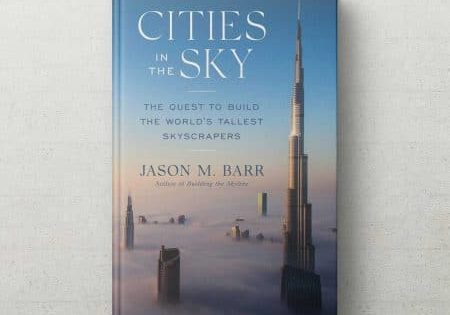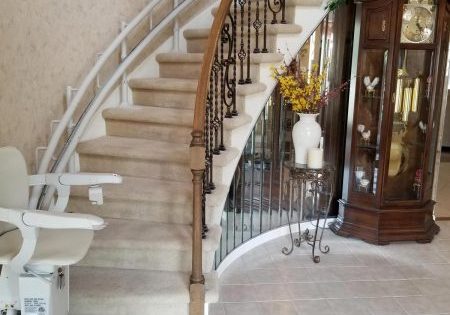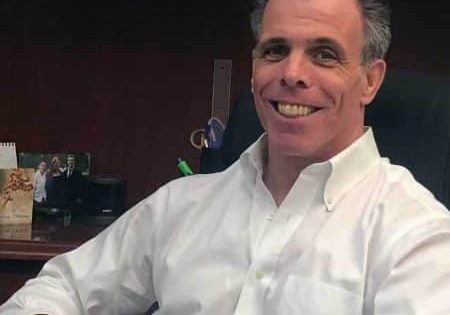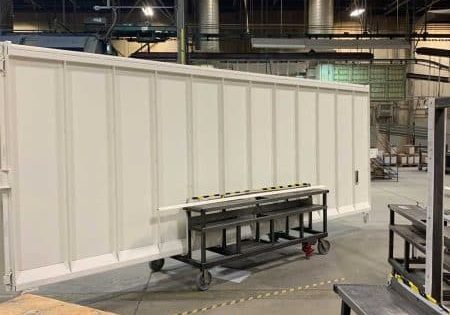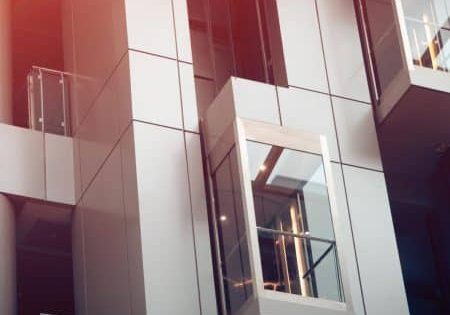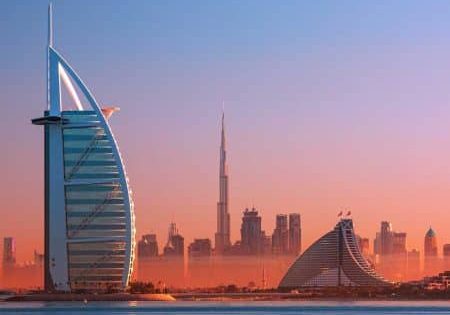Your author (LF) speaks to Florian Troesch (FT), vice president of Schindler PORT Technology at Schindler Group, about the company’s role in this important topic.
LF: You had a large presence at the Council on Tall Buildings and Urban Habitat (CTBUH) 2023 Conference in Singapore and Kuala Lumpur. Why was Schindler keen to be prominently involved in this event?
FT: The CTBUH 2023 Conference is a pivotal global platform where industry leaders converge to discuss the future of tall buildings and urban development. In the last few years, CTBUH has identified a critical need for urbanization to change dramatically in order to fulfill the requirements of the society of the future. We very much agree with this analysis and feel we can bring an important perspective to the debate by looking at the way vertical mobility can be an enabler of what must be accomplished.
LF: Your presentations at the event championed the future of urbanization. Why is this a topic of interest to and an area of expertise for Schindler?
FT: In 2009, the release of our Schindler PORT Technology marked a change in philosophy from an approach that focused on moving a set of people through a section of a building to a holistic consideration of each occupant’s complete journey and how to make it as seamless as possible. At that point, we realized that the mobility solutions available to an architect could have profound implications on what could be achieved when both building new and renovating existing structures. It became clear that we needed to have a much better understanding of the future of urbanization so that we could design the products and services that could enable it.
To achieve this, we became research partners with the architectural industry, and for the last 14 years, we have undertaken a series of projects with some of the most innovative people in the urban future debate. This effort has allowed us to build a body of knowledge on this topic, and by presenting our insights, best practices and forward-thinking solutions, we aim to position ourselves as thought leaders in shaping the future of urban mobility.
Schindler’s comprehensive approach to urbanization extends beyond elevators and escalators. We embrace a holistic view, collaborating with urban planners, architects and stakeholders to contribute to the broader conversation on creating smarter, more connected cities. This multidimensional approach uniquely positions Schindler as an expert in addressing the challenges and opportunities associated with the future of urbanization.
LF: What are the challenges and opportunities arising from the rapid shift to urbanization? Are there any specific to Schindler and/or the vertical-transportation (VT) industry?
FT: The rapid urbanization we’re witnessing globally presents both challenges and exciting opportunities for Schindler and the VT industry as a whole. As mentioned in our presentation, according to the United Nations, around 70% of the world’s population is expected to live in urban areas by 2050. This means as many as 2.5 billion people could move from rural areas to cities in under 30 years.
One of the primary challenges we face is the exponential increase in demand for efficient and reliable mobility solutions. As more people gravitate toward urban areas, the strain on existing transportation infrastructure grows. Meeting this demand requires innovative approaches and cutting-edge technologies. Urban environments often feature constrained spaces for new construction, making it essential for us to design and install elevators and escalators that not only adhere to stringent safety standards, but also maximize vertical space utilization.
However, within these challenges lie significant opportunities for innovation. At Schindler, we see the rapid urbanization trend as a catalyst for pioneering technologies. Moreover, sustainability is a key consideration, and we recognize the importance of contributing to environmentally friendly urbanization. Our focus is on developing green technologies, such as energy-efficient elevators, through predictive maintenance that ensures excellent uptime and performance, which reduces the need for energy-intensive maintenance.
Schindler MetaCore also plays a crucial role in creating flexible buildings. It enables the repurposing and reconfiguration of buildings, significantly extending their lifespan. The technology achieves this by allowing one elevator group to provide an easily adaptable and enhanced passenger experience for multiple building applications – making lifetime sustainability a reality in the face of dynamic urban infrastructure challenges.
Additionally, we believe in proactive collaboration. By forming partnerships with urban planners and architects, we can actively contribute to shaping future cityscapes. This collaboration allows us to align our VT solutions with broader urban development goals, ensuring that our innovations seamlessly integrate with the evolving needs of urban spaces. In essence, the rapid shift to urbanization presents a dynamic landscape for Schindler. By embracing these challenges as opportunities for innovation, sustainability and collaboration, we are poised to play a pivotal role in shaping the future of urban mobility and the VT industry.
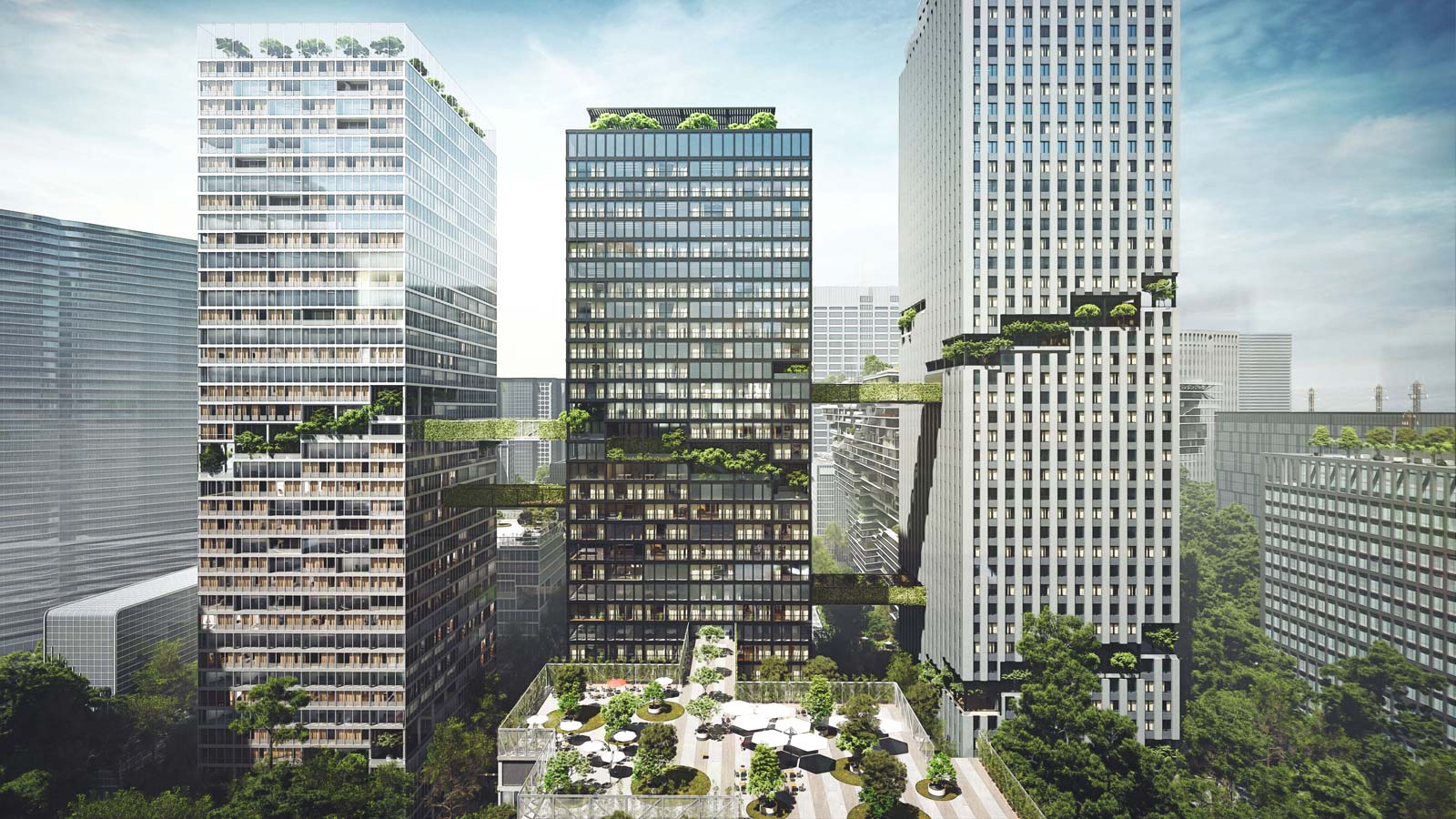
LF: You talk about the large migration (70%) of the world’s population to urban areas by 2050 and say, “The migration will fundamentally alter the balance between nature and cities, vertical and horizontal urbanization, and individuals and their communities.” What do these alterations look like and how can we prepare for them? What is VT’s role in this?
FT: The anticipated urban migration carries significant implications for the delicate equilibrium between nature and cities. With intensified urbanization, there’s a risk of diminishing green spaces and heightened environmental impact. To address this, sustainable urban planning is paramount, focusing on green infrastructure, eco-friendly construction and resource-efficient practices.
The shift towards vertical/horizontal urbanization, particularly the rise of high-rise structures, necessitates adaptive urban planning. This involves designing buildings with smart technologies, flexible spaces and sustainable construction methods to efficiently accommodate the growing population density and ensure a harmonious blend of vertical and horizontal development.
The demographic shift also influences the dynamics of communities. Social structures, cultural diversity and community engagement may undergo transformations. To counter potential challenges, community-oriented urban planning becomes essential. This includes designing mixed-use spaces that foster social interactions, provide necessary amenities and preserve cultural identities within neighborhoods.
Now, considering the role of (VT), it is pivotal in navigating these changes and is where innovative concepts such as Schindler MetaCore come into play. A smarter, future-proof approach to VT responds dynamically to human density and migration. Utilizing Schindler PORT Technology and digital media solutions, Schindler MetaCore allows seamless integration, enabling occupants of Grade A offices and residential units to use the same elevator system. This high-specificity and flexible solution, applicable to both old and new buildings at all scales, aligns with the evolving needs of urban spaces, addressing the challenges with a forward-looking perspective. The lesson of the past is that the inflexibility of an installed elevator system would often make it prohibitively expensive to adapt to a new building use due to the equipment and construction costs required. With Schindler MetaCore, such changes only require a re-configuration via software.
Recognizing the changing urban landscape as an opportunity, our mobility solutions aim to meet the demands for flexible use of existing buildings. This requires innovative elevator systems designed for adaptability in response to the evolving urban environment – that is – a smarter, future-proof approach to VT that responds dynamically to human density and migration.
“The [Schindler MetaCore] technology achieves this by allowing one elevator group to provide an easily adaptable and enhanced passenger experience for multiple building applications – making lifetime sustainability a reality in the face of dynamic urban infrastructure challenges.”
In essence, preparing for the forthcoming alterations spurred by mass urban migration demands a holistic approach. Sustainable urban planning, community-focused designs and innovative VT solutions collectively ensure urban environments not only meet the changing needs of their populations, but also do so in a manner that minimizes environmental impact.
LF: Can you provide a brief synopsis of yours and Robert Boog’s presentations at the event and their key points related to this overall topic?
FT: Our presentations at the event delved into the profound impact of human density on urban spaces, particularly within the context of the expected large-scale migration to urban areas by 2050. We explored the challenges and opportunities stemming from this urbanization shift, emphasizing the necessity for adaptive solutions within the VT industry. Our discussion surrounded the evolving dynamics between nature and cities, the trend towards vertical urbanization and the changing relationships within communities.
We also discussed the pivotal role of Schindler’s innovations, notably Schindler MetaCore, in addressing these challenges and contributing to the creation of sustainable, resilient and livable urban environments. It’s crucial to note that Schindler MetaCore’s applicability extends to both existing and new buildings, recognizing that 80% of today’s buildings will persist into 2050, requiring upgrades to meet the demands of rapid human density.
Furthermore, we issued a compelling call to action for collective responsibility in constructing better cities for both the present and future – paving the way for urban development that aligns with the needs of our evolving societies and fosters a harmonious coexistence between urban spaces and their inhabitants.
LF: What are some of Schindler’s smart urban mobility solutions for the cities of today and tomorrow? Is there something these future cities will need that doesn’t exist yet? How can we overcome this?
FT: Schindler is actively at the forefront of shaping smart urban mobility solutions tailored to the evolving needs of cities. Our commitment to innovation is evident in technologies like Schindler PORT, which personalizes and optimizes VT, enhancing efficiency and user experience in today’s urban landscapes.
We believe a fundamental requirement of new building design of the future will be a characteristic we term the “bookshelf approach.” This is where the infrastructure is built to be extremely flexible and, therefore, long-lasting (the bookshelf), and new functions, such as offices, small business, residences, etc. (the books), can be added quickly and with minimum disruption. This approach ensures that a building can evolve within its urban environment to suit the ever-changing needs of future society.
As urbanization progresses, there may be a need for novel, adaptive technologies that anticipate and respond to dynamic urban environments. Schindler envisions solutions that go beyond traditional VT, potentially incorporating advanced AI-driven systems, real-time data analytics and collaborative urban-planning tools.
To overcome future challenges, collaboration remains key. Schindler actively engages with urban planners, architects and other stakeholders to co-create solutions. By fostering interdisciplinary partnerships, we can identify emerging needs and collectively develop innovations that address the unique challenges of tomorrow’s cities. This collaborative approach ensures that Schindler’s smart urban mobility solutions not only meet current demands, but also anticipate and adapt to the ever-changing landscape of urbanization.
LF: Can you provide more detail on Schindler MetaCore and its role in the future of urban development?
FT: Schindler MetaCore is designed to allow a single set of elevators to satisfy a wide variety of different service requirements in a building by emulating individual groups of elevators. So, for example, a hotel guest may need service to their room from the hotel lobby. A Schindler MetaCore elevator will be assigned to finish its current task, perhaps transporting an office employee to their floor, and make its way to answer the call. While in transit, it can re-configure its information screens to those used by the hotel and, potentially, even change the color scheme of its lighting. On arrival at the hotel lobby, the guest can be served and, even while in transit, the elevator can be assigned its next task.
Schindler MetaCore empowers the continuous repurposing of buildings, allowing for endless reconfigurations of their functionality. It offers the necessary versatility to truly achieve a sustainable and enduring lifespan of a building. It also stands at the forefront of a transformative era in urban development, offering a paradigm shift in how we navigate vertical spaces within our cities. This ground-breaking solution represents a fusion of state-of-the-art technology and data analytics, reimagining the role of VT systems in shaping the urban landscape.
In the context of urban development, Schindler MetaCore emerges as a catalyst for creating more intelligent and responsive buildings. By harnessing real-time data and advanced AI algorithms, the solution empowers elevators and escalators to dynamically adapt to the evolving needs of a building and its occupants. This not only elevates the user experience but also fosters a seamless and efficient flow of people throughout urban environments.
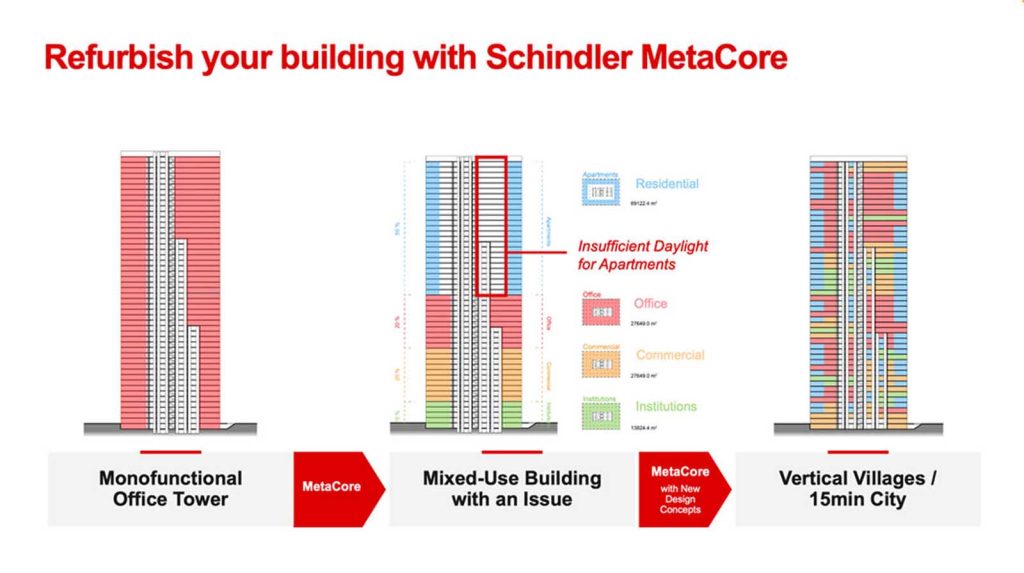
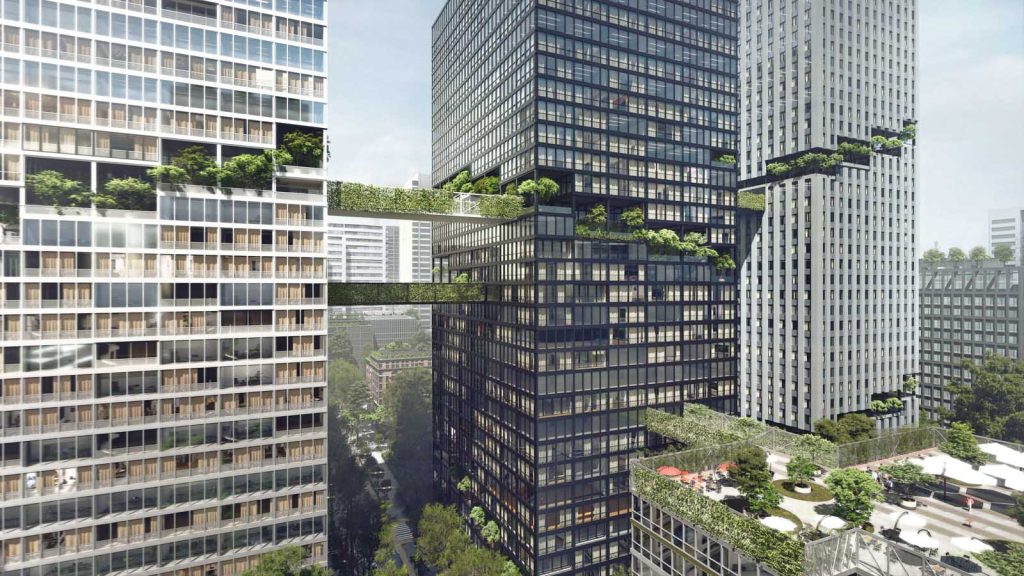
Get more of Elevator World. Sign up for our free e-newsletter.
